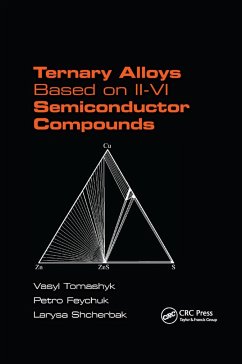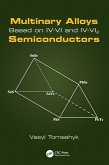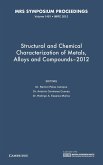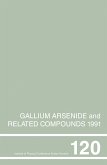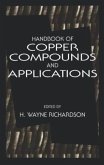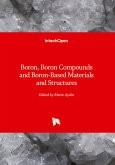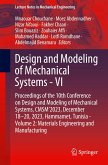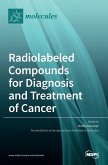Doped by isovalent or heterovalent foreign impurities (F), II-VI semiconductor compounds enable control of optical and electronic properties, making them ideal in detectors, solar cells, and other precise device applications. For the reproducible manufacturing of the doped materials with predicted and desired properties, manufacturing technologists need knowledge of appropriate ternary system phase diagrams. A guide for technologists and researchers at industrial and national laboratories, Ternary Alloys Based on II-VI Semiconductor Compounds collects all available data on ternary II-VI-F semiconductor materials. It presents ternary phase diagrams for the systems and includes data about phase equilibriums on the cross sections. The book is also suitable for phase diagram researchers, inorganic chemists, and solid state physicists as well as students in materials science, engineering, physical chemistry, and physics. The authors classify all materials according to the periodic groups of their constituent atoms (i.e., possible combinations of Zn, Cd, and Hg with chalcogens S, Se, and Te) and additional components in the order of their group number. Each ternary system database description contains the diagram type, possible phase transformation and physical-chemical interaction of the components, equilibrium investigation methods, thermodynamic characteristics, and the sample preparation method. In some cases, the book illustrates the solid and liquid-phase equilibriums with vapor because of their importance to crystal growth using the vapor-liquid-solid technique. It also presents data on the homogeneity range as well as baric and temperature dependences of solubility impurities in the semiconductor lattice and the liquid phase.
Hinweis: Dieser Artikel kann nur an eine deutsche Lieferadresse ausgeliefert werden.
Hinweis: Dieser Artikel kann nur an eine deutsche Lieferadresse ausgeliefert werden.

